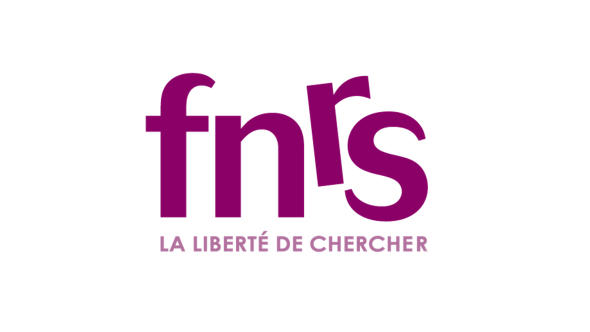Four researchers obtained a mandat d'aspirant enabling them to start doctoral research:
- Ludovic DUBOIS and Niccolò PARDINI from the Faculty of Philosophy and Letters,
- Jordan ABRAS from the Faculty of Economics Management Communication sciencesPo (EMCP)
- Noah DEVEAUX from the Faculty of Science.
Success is also on the cards for the postdoctoral researchers, nine of whom have been awarded a research fellowship for 3 years.
- Audrey LEPRINCE, Ciska DE RUYVER, Dmytro STRILETS and Cinzia TOMASELLI from the Faculty of Sciences
- Nicolas MICHEL, Sébastien VANDENITTE and Manon HOUTART from the Faculty of Philosophy and Letters
- Pierre-Yves HUREL and Sebastian RONDEROS from the Faculty of Economics Management Communication sciencesPo (EMCP).
In addition, two new qualified researchers join our university.
- Marie DELABY in the Biology Department of the Faculty of Science
- Matthieu PIGNOT in the History Department of the Faculty of Philosophy and Letters
Three Namur researchers have also obtained funding from the Télévie call.
- Marc HENNEQUART for research aimed at highlighting new metabolic biomarkers for better detection of pancreatic cancer
- Carine MICHIELS for research into the resistance of glioblastoma to radiotherapy combined with chemotherapy
- Anne-Catherine HEUSKIN for research into understanding the reprogramming of macrophage immune cells in the formation of the tumor microenvironment.
Frédéric SILVESTRE (Faculty of Science, Department of Biology, URBE) has also been awarded funding for a FNRS-FRQ collaborative project with ULiège and Quebec teams from the Université de Montréal and the Université du Québec à Montréal. The aims of this project are to develop a new method of age determination based on molecular modifications (epigenetic clock) in beluga whales (Delphinapterus leucas) from the St. Lawrence estuary in Quebec, and to understand the role of age on contaminant accumulation as well as on their stress levels and health status. This will enable better decisions to be made to improve the recovery of this endangered population. As part of this project, two doctoral theses (one in Namur and one in Montreal) are open. Candidates must be biologists (or degree deemed equivalent) with an interest in conservation and ecotoxicology issues, and with experience in molecular biology (omics) and bioinformatics.
Congratulations to them!
